Marks & Spencer has moved to defend its salmon supplier after the company came under attack from campaigners over its culling of seals.
The retailer has been at the centre of the controversy over seal culling after campaigners claimed Norwegian-owned firm Scottish Sea Farms, which supplies the M&S Lochmuir salmon range, had killed more seals on its farms than any other producer.
According to information obtained by the Global Alliance Against Industrial Aquaculture (GAAIA) under Freedom of Information rules, 56 seals have been killed at Scottish Sea Farms sites since 2013 – almost a third (32%) of all seals culled by salmon farms in Scotland.
However, an M&S spokeswoman stressed Scottish Sea Farms – which is one of the largest farmed salmon producers in the region - only permitted culling as a last resort, an approach which is supported by the RSPCA.
“Neither we nor our salmon farmers have any wish to see seals or any other sea life harmed,” she said. “We have led the industry on this issue and invested time and money to avoid this happening.”
A Scottish Sea Farms spokesman also stressed the company had “no wish to harm seals or other marine wildlife” and only shot individual seals when their behaviour presented “a persistent and significant threat” to the welfare of salmon.
The company claimed it had “invested heavily” in site infrastructure in areas of specific challenge and was working with St Andrews University SMRU to find ways to tackle the problem.
“We continue to work to find solutions with the long term aim of eliminating the need for the last resort control,” it said.
Protest threats
GAAIA has written to supermarkets urging them to stop sourcing salmon from seal-killing farms, and warning it will organise protests outside stores if it does not get a response.
It claims over half of salmon farms legally culled at least one seal in 2013 and 2014, with a total of 173 seals culled under licence.
Other Scottish salmon producers “named and shamed” include Hjaltland Seafarms/Grieg Seafood, which has shot 36 seals since 2013, and the Scottish Salmon Company, which has culled 23.
Speaking on behalf of the industry, the Scottish Salmon Producers Organisation claimed the number of seals shot by fish farms “has fallen and continues to fall”.
It said shooting seals was a last resort for fish farmers, but was occasionally necessary because some seals could become “persistent killers”, resulting in the “slow and painful” deaths of thousands of fish.
The Scottish salmon industry and Scottish government originally sought to withhold the information on the basis that farms would be a target for reprisals, but were forced to share it following a ruling by the Scottish Information Commissioner (SIC).







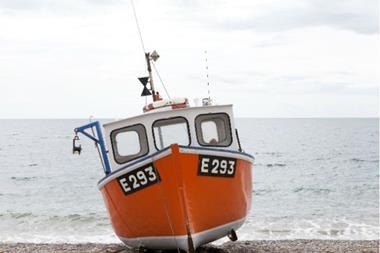
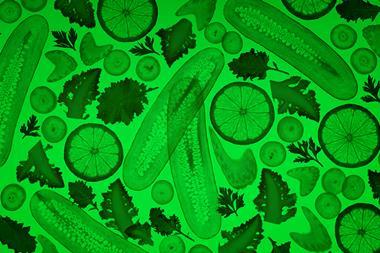
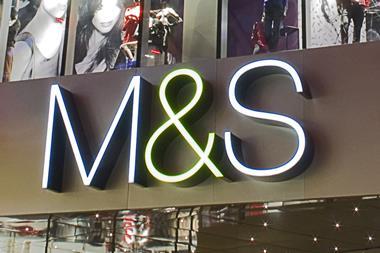
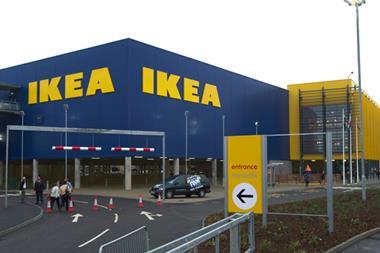



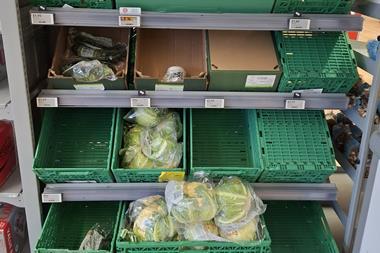
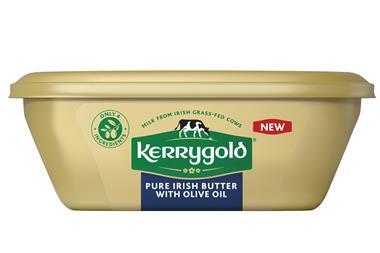


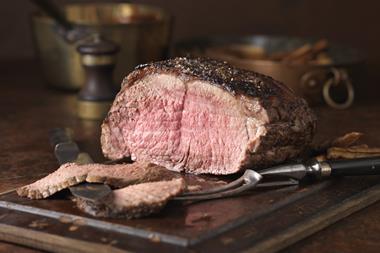
No comments yet